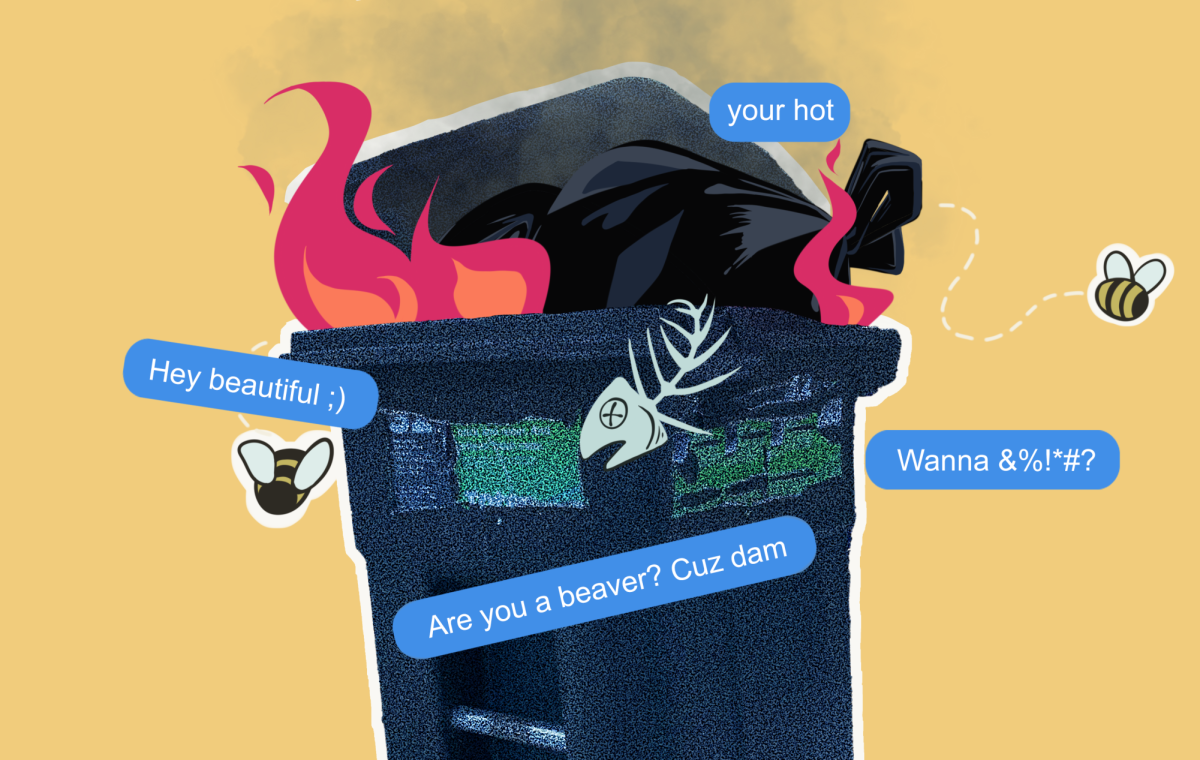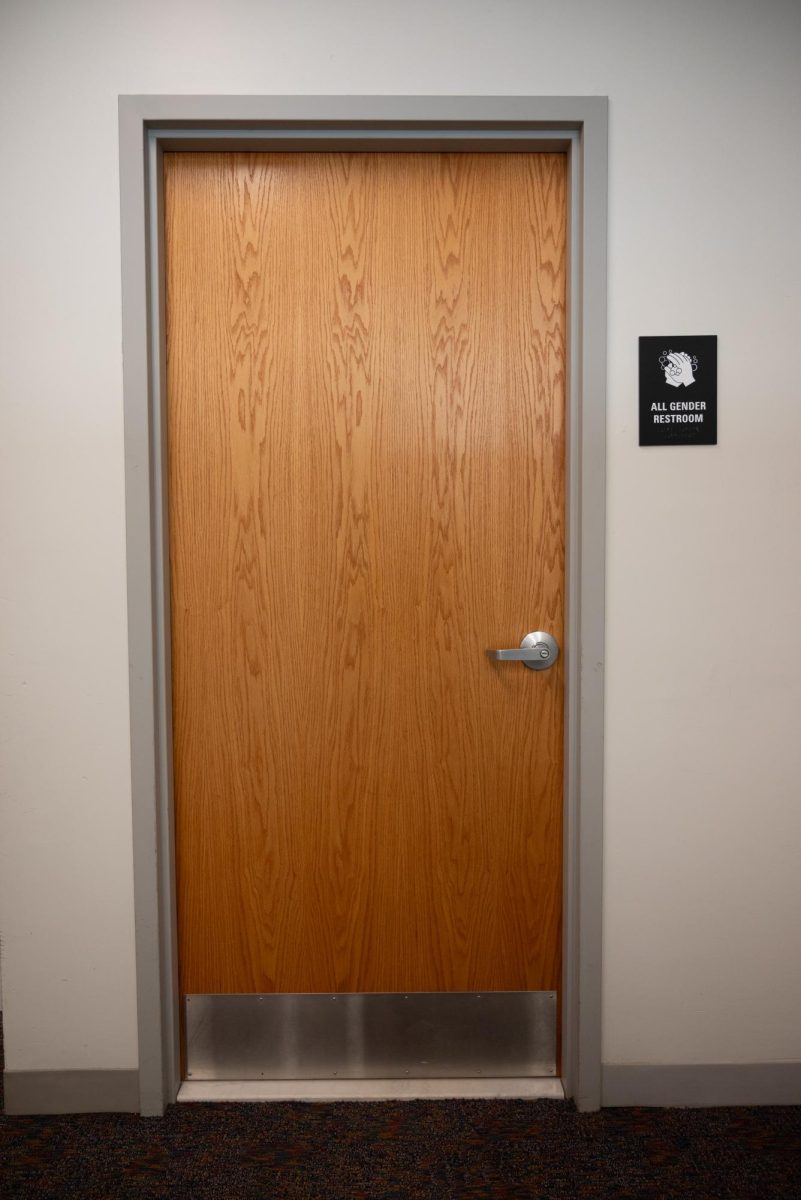Finally, after nearly a year, Snell Library got around to installing its swipe access system. As easily expected, it garnered immediate flak from students about long lines and apparent inefficiencies. Gone are the days where we can just flash our cards and keep walking, we now have to stop and swipe. Oh my.
It’s also important to note that those without Husky Cards or other means of entrance, like a guest or researcher pass, must pay $100 to gain access, when before visitation was free.
The university has made it clear that it’s an issue of security above convenience, but the real issue is the message implicit in the added security.
There’s no doubt the new plan will severely cut down on the number of non-students in the library, but will it really cut down on theft? The belief that it will operates on the dangerous assumption that students are less likely to steal than outsiders. At this university, with more than 15,000 students enrolled, there is anything but a single, cohesive community. Let the students cutting each other to bypass the swipe system lines at Snell attest to that.
Maybe all the laptop and backpack thefts are at the hands of non-students, or maybe more non-students sneak into the library to watch porn in the computer labs than they do to snag iPhones. If our Crime Log is any indication, it leans toward the latter. However, students understand their cohorts more than outsiders (we hope) and garner far less suspicion from library security. There are more students in the library than outsiders at any given time. Weighing out allegiances, assumptions and biases, there are more potential criminals with their own Husky Cards than ones carrying a stolen one.
If successful, this system could spread to other buildings, like Curry Student Center. The Marino Center has been proposed as the next location. If the swipe system becomes the norm for popular campus buildings, not only will it be a thorn in the student body’s side, it conveys a message of distrust to the surrounding communities already wary of us.
The faceless backpack and electronics thief is just as likely to be a student as he or she is an outsider. So let this stand as a prescient yet in a larger sense obvious warning: Thefts may not decrease with the new system, and shutting our services off from the community, regardless of who they’re intended for, sends a message that injects hypocrisy into the community outreach positions and programs our tuition dollars fund.









